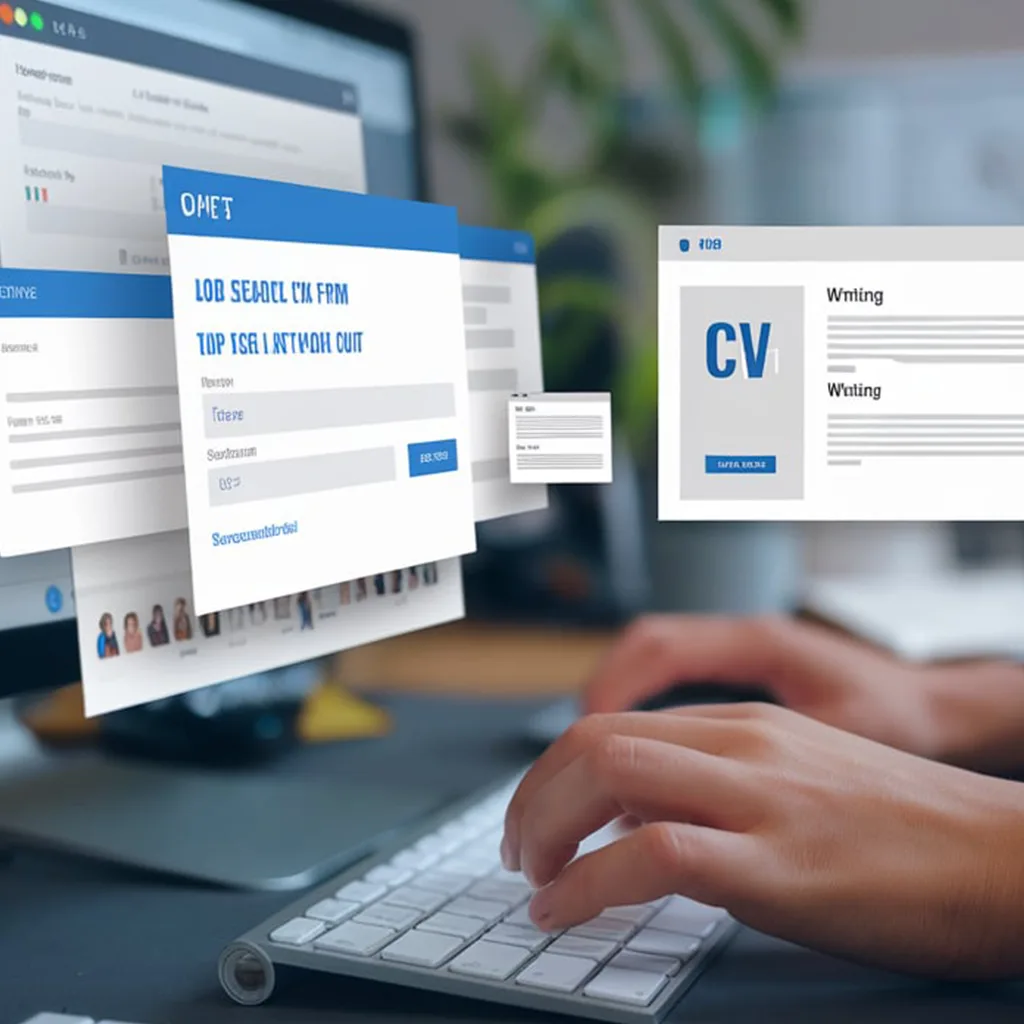First CV Tips for Landing Your Dream Job
In this comprehensive guide, we’ll delve into the first CV tips to maximize your chances of success. Your CV (curriculum vitae) serves as your first impression to potential employers. Crafting a compelling CV is crucial for standing out among the crowd and securing your desired position.
Whether you’re a recent graduate or a seasoned professional seeking new opportunities, mastering the art of CV writing is essential.
Understanding the Importance of a First CV
Your CV is more than just a document detailing your work history and qualifications; it’s a powerful marketing tool that showcases your skills, experiences, and achievements. A well-crafted CV not only highlights your suitability for a particular role but also demonstrates your professionalism and attention to detail.
Employers often use CVs as a primary screening tool to identify candidates who meet their criteria, making it essential to make a positive impression from the outset.
Crafting Your First CV: Tips
Tailor Your CV to the Job Description
This is one of the first CV tips: Customizing your CV for each application is crucial. Carefully review the job description and identify the key skills and requirements sought by the employer. Tailor your CV to highlight relevant experiences and qualifications that align with the role.
Focus on Your Achievements
Rather than simply listing your job duties, emphasize your accomplishments and contributions in each role. Use quantifiable metrics whenever possible to showcase the impact you’ve made in previous positions. Employers are more interested in results than responsibilities.
Keep it Clear and Concise
Avoid overwhelming recruiters with lengthy paragraphs or unnecessary details. Use bullet points to convey information in a clear and concise manner. Keep your CV formatting clean and professional, making it easy for employers to navigate and digest the content.
Highlight Your Transferable Skills
Even if you lack direct experience in a particular field, emphasize transferable skills that are relevant to the role. Communication, problem-solving, teamwork, and leadership skills are valued across industries and can enhance your candidacy.
Proofread and Edit Thoroughly
Spelling mistakes, grammatical errors, and formatting inconsistencies can detract from the overall quality of your CV. Take the time to proofread your document carefully, and consider seeking feedback from friends, family, or professional contacts to ensure it’s polished and error-free.
Frequently Asked Questions about First CV tips
Should I include references on my CV?
While it’s common to provide references upon request, it’s not necessary to include them on your CV. Instead, create a separate document listing references and have it ready to provide when requested by the employer.
How far back should I go with my work experience?
Generally, it’s advisable to include relevant work experience from the past 5-10 years. However, if you have earlier experiences that are highly relevant to the position you’re applying for, you can include them as well.
Is it okay to use templates for my CV?
Using a template can be a convenient way to ensure your CV has a professional layout and design. However, be sure to personalize the template to reflect your own style and experiences, and avoid using overly generic or outdated templates.
Should I include hobbies and interests on my CV?
Including hobbies and interests can provide insight into your personality and character, but only include them if they are relevant to the job or demonstrate valuable skills. Otherwise, focus on highlighting professional experiences and qualifications.
How long should my CV be?
Ideally, your CV should be no longer than two pages, especially if you’re early in your career. However, more experienced professionals may have longer CVs, but it’s essential to prioritize relevant information and keep it concise.
By following these first CV tips and leveraging strategic keywords, you can enhance your CV’s visibility and effectiveness in the competitive job market. Remember to continuously update and refine your CV as your skills and experiences evolve, and always tailor it to each specific job application to maximize your chances of success.





